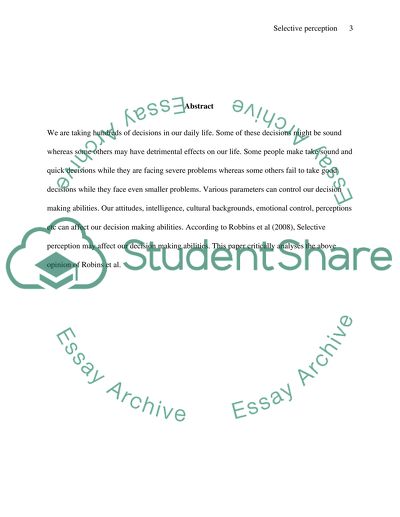Cite this document
(“TOPIC 1: According to Robbins et al (2008) Selective perception may Essay”, n.d.)
Retrieved from https://studentshare.org/environmental-studies/1404889-topic
Retrieved from https://studentshare.org/environmental-studies/1404889-topic
(TOPIC 1: According to Robbins Et Al (2008) Selective Perception May Essay)
https://studentshare.org/environmental-studies/1404889-topic.
https://studentshare.org/environmental-studies/1404889-topic.
“TOPIC 1: According to Robbins Et Al (2008) Selective Perception May Essay”, n.d. https://studentshare.org/environmental-studies/1404889-topic.


